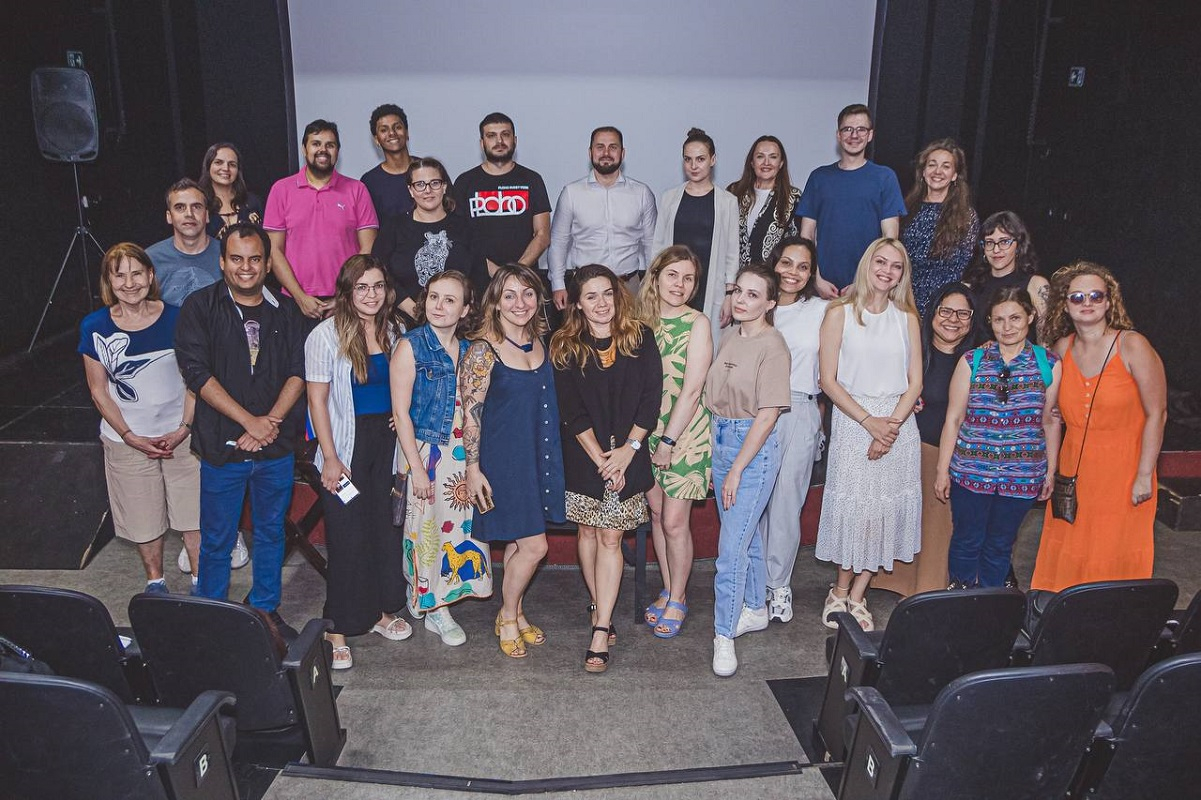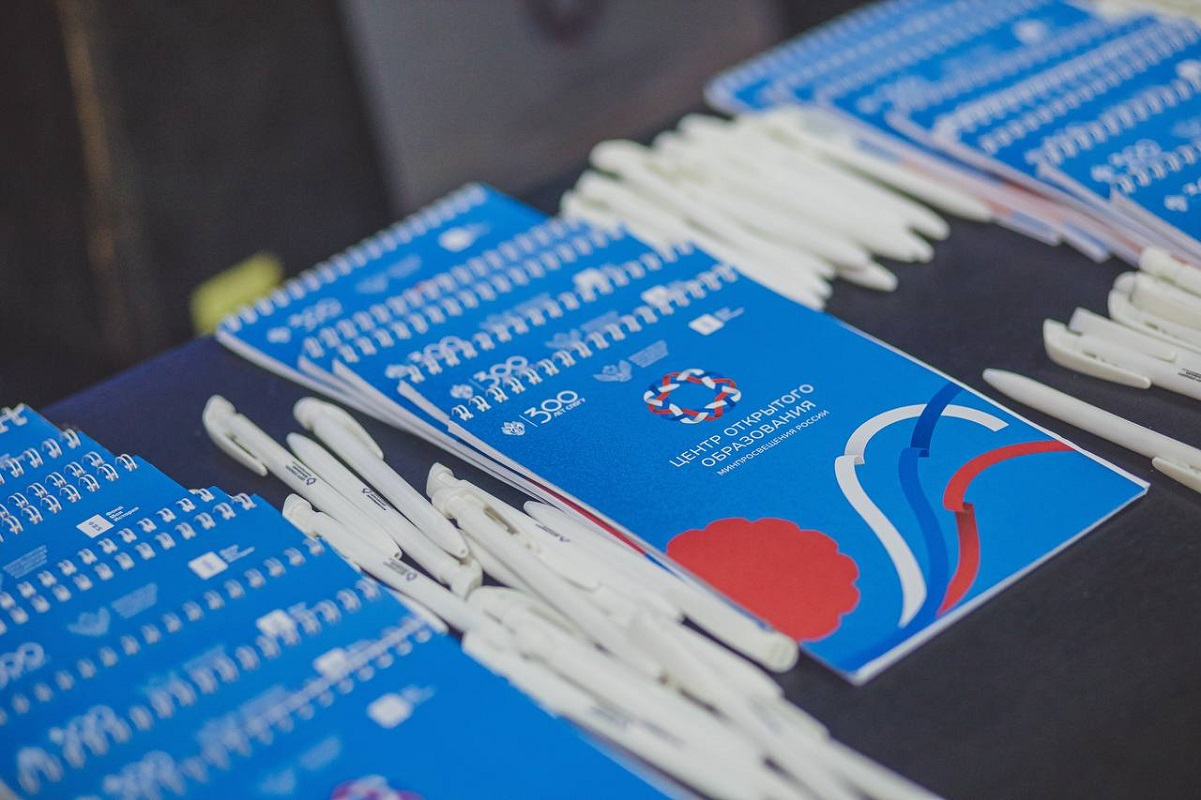St Petersburg University holds a series of in-person events on the Russian language and culture in Brazil
Representatives of St Petersburg University have shed light on the Russian language and cultural heritage of Russia during their visit to São Paulo. They also presented the opportunities of Russia’s education. The series of events also included a professional development programme for experts in Russian studies from São Paulo and other cities of the Federative Republic of Brazil.
At the site of the Legislative Assembly of the State of São Paulo, St Petersburg University, with the support of the Ministry of Education of the Russian Federation, the foundation "My history" and the Russian House in São Paulo, presented a large-scale programme of the Russian culture festival "Festival Russo". The event brought together more than 200 people, many of them came from other regions of the country.
The representatives of the University held a presentation of the academic programmes at St Petersburg University for international students, discussed the prospects of studying in the oldest Russian university, and talked about Russian culture and career and academic opportunities available in Russia. Among them the speakers were: Svetlana Kondrashina, Head of the Special Projects Department; Margarita Farrakhova, a methodologist at the University; and Irina Kataeva, a teacher of the Open Education Centre at St Petersburg University in São Paulo.
The cooperation between St Petersburg University and Brazil began in 2018. In 2018, in São Paulo and Rio de Janeiro, residents of the South American continent tested their level of Russian language proficiency for the first time and took part in an in-person exam organised by the University’s Language Testing Centre.
The importance of cultural exchange and educational cooperation between the countries was in the focus of the welcoming speech by Andrei Lesin, Acting Director of the Language Testing Centre at St Petersburg University. Among the honoured guests were also Mário Maurici De Lima Morais, Chairman of the International Relations Commission of the Legislative Assembly of the State of São Paulo; Ilia Zakharov, a representative of the Russian House in São Paulo; and Danilo Kozemekin, President of the Youth Organisation of Russian Compatriots.
The first day of the festival ended with game events, including a team intellectual quiz and Russian folk games. It also introduced traditional Russian cuisine to the guests.
During the second day of events, methodologists at St Petersburg University, in order to improve the qualifications of specialists teaching Russian in Brazil and to strengthen professional ties between teachers, held a series of scientific and methodological seminars on the current issues of competent teaching of international students. Margarita Farrakhova, a tester at the University Language Testing Centre, and Irina Kataeva, a methodologist of the Open Education Centre, spoke about effective methods of teaching Russian in Brazil, the use of modern educational technologies, psychological features of teaching vocabulary and shared recommendations of Internet-resources for working with various language groups. The also discussed cultural aspects influencing the learning process.
In August 2024, the first full-time Open Education Centre at St Petersburg University was opened in Brazil to teach Russian to at least 250 Brazilians.
As part of the Eastern European Peoples Fair, St Petersburg University offered a workshop on Gorodets, Mezen, and Khokhloma painting. Irina Kataeva spoke in detail about each style, including the materials, tools and traditional techniques. Participants observed how these paintings were made and created their own products during the workshop. These practical classes contribute to a deeper understanding of the artistic traditions of Russia and development of creative skills.
The programme was supported by the Ministry of Education of the Russian Federation and the Foundation for the Support of Humanities "My history", which take an active part in ensuring the quality work of open education centres both in Brazil and in many African countries.





